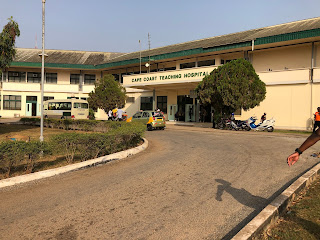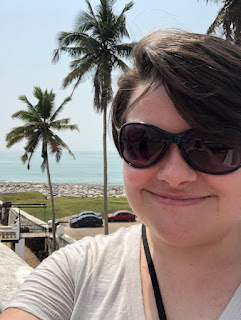Final Reflection on Ghana
I have been back in the US for four days, and I wanted to do a final post on my experience in Ghana. My month spent in Cape Coast was life-changing and eye-opening. The organization that I went through, Child Family Health International (CFHI), works with their students to help us understand how healthcare is delivered in our host country. Instead of going for a week and providing medical care through a volunteer organization, we work with local physicians in the hospital to experience healthcare delivery on a day-to-day basis. As you know from my previous posts, seeing the healthcare disparities in Ghana and in many African countries was heart-breaking. I have spoken with many of my friends since returning about my experience, and whether they come from a medical background or not, they realize the differences in healthcare delivery and resources. No matter where I was working in the hospital, all of my fellow physicians knew exactly what they should be doing. The problem in Ghana is

